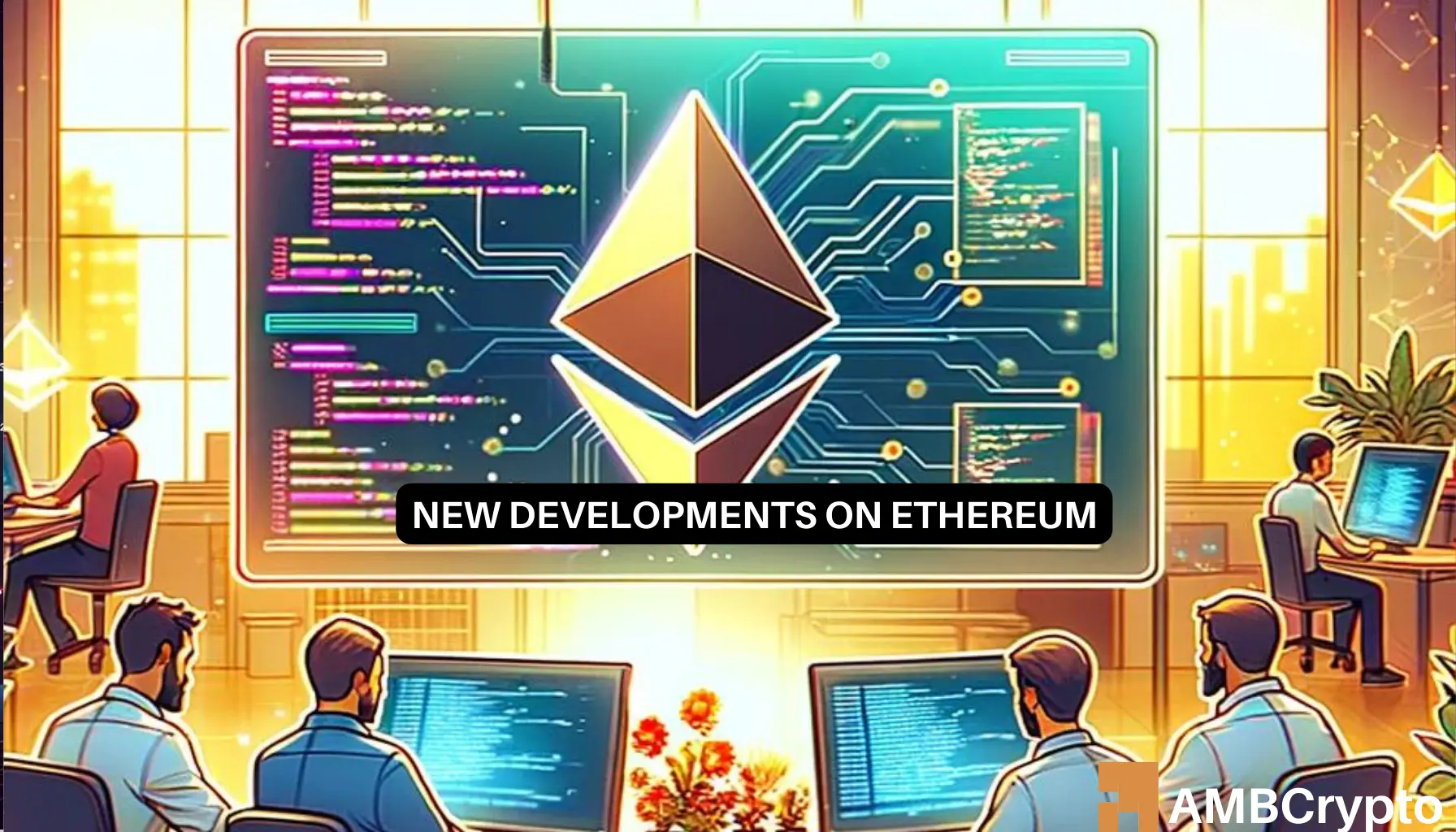Vitalik Buterin Outlines Future Steps for Ethereum’s Decentralization
Vitalik Buterin, co-founder of Ethereum, has shared his insights on the future steps for enhancing the Ethereum network’s permissionlessness and decentralization.
Writing from an Ethereum developer interop in Kenya, Buterin talked about the ongoing technical improvements and addressed common issues within the community which showed that it was essential to enhance user and node operator experiences.
Ethereum Technical Advancements and Protocol Features
At the developer interop in Kenya, a major headway was made on some of the most important Ethereum improvements such as PeerDAS, Verkle tree transition and decentralized history storage through EIP 4444. These innovations are designed to increase the network’s capacity and decrease its energy consumption. Buterin stressed the fast pace of Ethereum development and the community’s ability to implement significant features that are useful both for Layer 1 (L1) users and Layer 2 (L2) users.
Grats @dankrad @peter_szilagyi you got me to interrupt my work on EIPs and make a twitter response that turned into an unscheduled poast
https://t.co/mmVaiEV68K
— vitalik.eth (@VitalikButerin) May 17, 2024
MEV and the Miner Extractable Value (MEV) are among the main issues Buterin talked about, which is related to block builders. In the past, miners used a simple algorithm to generate Ethereum blocks. Nevertheless, the emergence of MEV, which is a way to take advantage of certain operations in DeFi protocols, has made this issue more complicated.
Two strategies have emerged to mitigate MEV’s impact: MEV minimization and MEV quarantining. MEV minimization concentrates on the information that is accessible to block producers, while MEV quarantining separates the roles of validators and builders aiming at keeping fairness and decentralization.
Enhancing Solo Staking and Node Accessibility
The Ethereum staking ecosystem is also an important field of study. At present, a large percentage of Ethereum staking is done by the centralized providers and DAOs like Lido and RocketPool. However, Buterin pointed out the necessity of a thriving solo staking environment by emphasizing on the 32 ETH minimum and technical problems as the main obstacles.
In order to solve these problems, the research and development works are aimed at cutting down on hardware requirements, making the setup process simpler and looking for ways to make smaller staking minimums possible.
Verkle trees and EIP 4444 are the main technologies that play aa big role in this. They can possibly make staking nodes to work with a very small hard disk requirement and sync almost instantly lowering the barriers for solo stakers. Moreover, the study on penalties capping and 0x01 withdrawal credentials can be used to strengthen the decentralized staking pools and eliminate risk which is related with private key management.
Reducing Node Hardware Requirements
Buterin also talked about the necessity of making node operation easier. Running a full node now is quite hard because of the hardware resources needed, but technologies like EIP 4444 and Verkle trees could cut these requirements to zero.
Through the reduction of the storage for historical data and implementing zero-knowledge proofs for state verification, Ethereum wants to make node operation possible even on less powerful devices like consumer laptops or mobile phones.
Nevertheless, the problem of centralization arises when offloading storage and computation responsibilities to a few huge entities. In order to solve this problem, Buterin proposed a decentralized peer-to-peer network for the storage of old history thus guaranteeing that no one is in control of this data. Such a strategy would keep the network’s structure intact and, at the same time, ease the load on individual nodes.
Read Also: Nvidia to Report Q1 Earnings Next Week; Revenue Forecast at $24.65 Billion
The post Vitalik Buterin Outlines Future Steps for Ethereum’s Decentralization appeared first on CoinGape.






